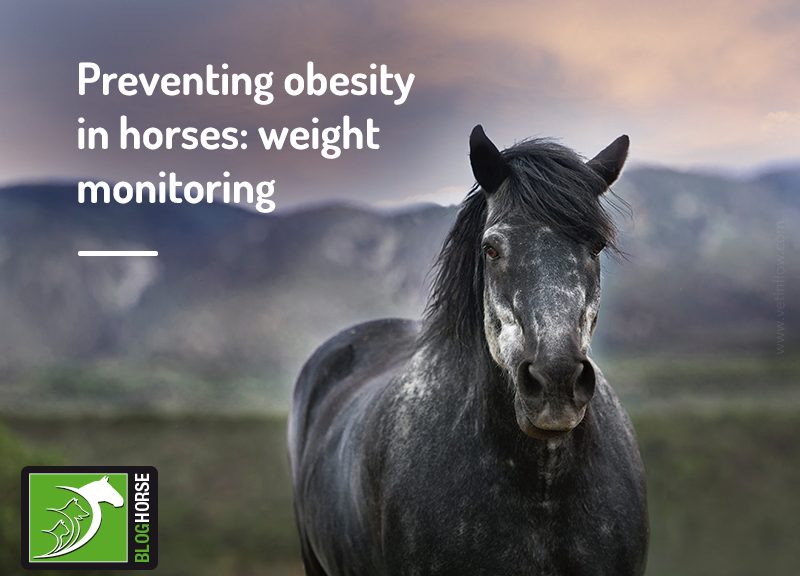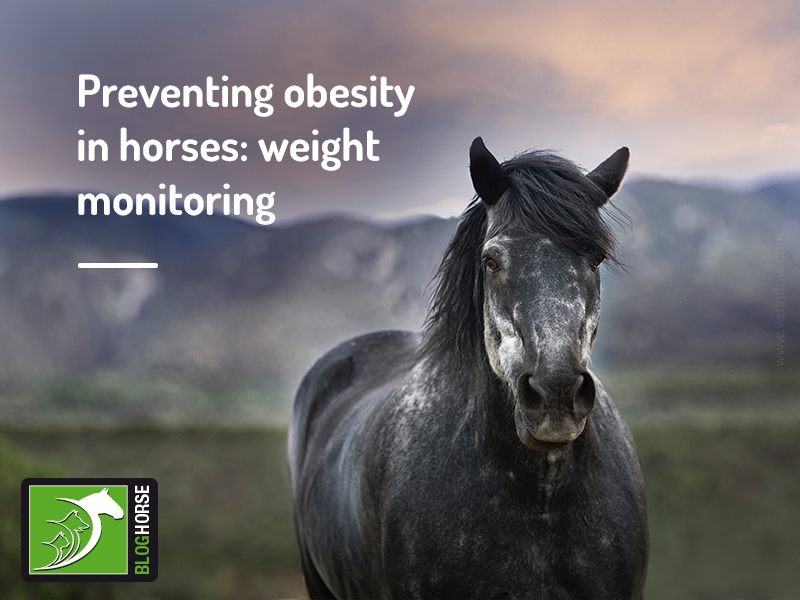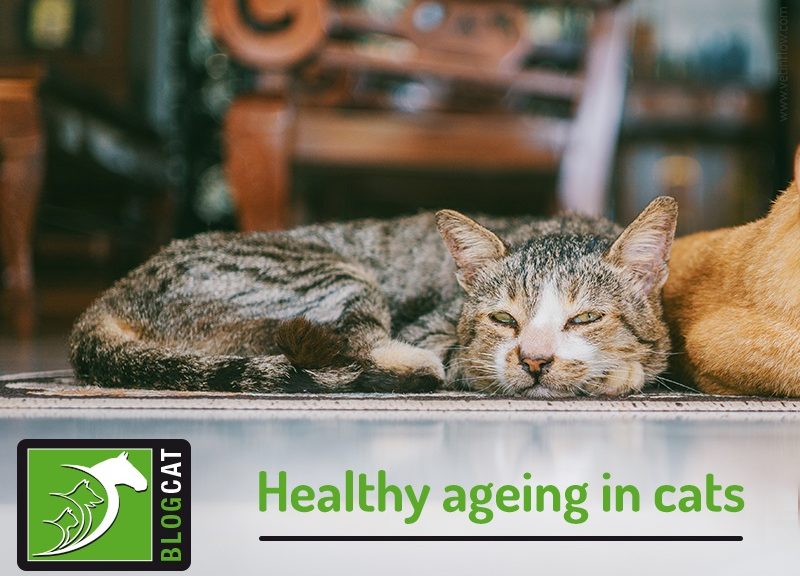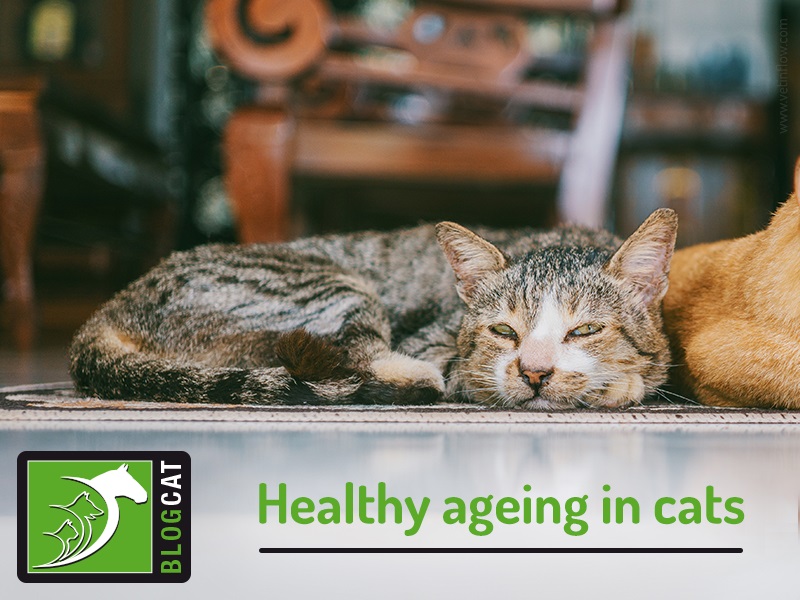People’s lifestyle and eating habits have dramatically changed over the years, and so have their pets’. As a result, excess weight and obesity have become a growing concern in human and veterinary medicine, as these have been proven to be associated with a number of diseases in all species. Overweight horses, in particular, are at higher risk of suffering from:
• Equine Metabolic Syndrome,
• Diabetes,
• Laminitis,
• Arthritis,
• Heart disease,
• Respiratory problems.
All these conditions can have a serious impact on horses’ welfare, health and, consequently, their lifespan, so it’s our job as responsible owners to make sure they do not have to suffer from problems associated with excess weight.
Trying to fight this alarmingly growing trend, and as obesity is a preventable disease, the BEVA is raising awareness of the importance of weight monitoring and of the fact that the perception of a normal horses’ weight has changed, with people not being able to recognise when a horse is overweight anymore.
But how can monitoring your horses’ weight help prevent obesity?
If your horses are at a healthy weight, monitoring will be a valuable tool to detect unwanted variations early on. As a result, you can adapt their management regime, preventing a little weight gain from becoming a bigger problem, which will also be more difficult to correct.
If your horses are already overweight, this is something that you need to address as soon as possible, and monitoring their weight is essential to keep track of their weight loss progress.
So, how can you do this?
When we say to monitor your horses’ weight, we understand that most horse owners will not have access to weighbridges to actually weigh their horses. However, there are simple methods you can use to estimate their weight (such as using a weigh-tape or calculating it through a formula) and, even better, to assess their body condition.
Assessing your horses’ body condition, also known as body scoring, consists of running your hands over your horses’ body, feeling for certain skeletal landmarks, like the ribs or the backbone, and for the fat cover. The body scoring system is divided into five scores, where a score of 3 is ideal, a score of 1 is emaciated and a score of 5 is obese.
Compared to weight measurements (however accurate they may be), by using the body scoring system, you’ll have the additional information of knowing if the weight is right for your horse instead of just having a number.
Here are some tips to help you start:
• Monitor regularly – create the habit of actively monitoring your horses’ weight and body condition at weekly, fortnightly, or monthly intervals;
• Be consistent – always use the same method and tools to avoid errors;
• Keep records – this will be the easiest way to track trends and make changes if needed;
• Take pictures – you won’t be able to notice subtle changes just by looking at your horses. However, comparing new pictures to old ones can be extremely helpful and encouraging if you’re on a weight loss journey;
• Seek professional help – if you are not sure how to start or if you are concerned about your horses’ weight don’t hesitate to talk to your vet.
There is a lot you can do to help fight the growing threat of obesity, and it is very important to acknowledge that this is a preventable disease.
It’s not always easy to find the right balance, but through proper nutrition, regular exercise and weight monitoring, you can help keep your horses fit and healthy.
<a href=”https://www.thepetprofessionals.co.uk/courses/equine-courses.php”>Would you like to know more about horses? Check our Equine Courses:
<div class=”col-xs-6 col-sm-2 col-md-2 paddingLeft0 “><img style=”max-width: 100px;” src=”https://www.thepetprofessionals.co.uk/images/courses-icons-equine.jpg” width=”100%” /></div>
<div class=”col-xs-6 col-sm-10 col-md-10 paddingLeft0 “>
<h2>Equine courses</h2>
</div></a>



